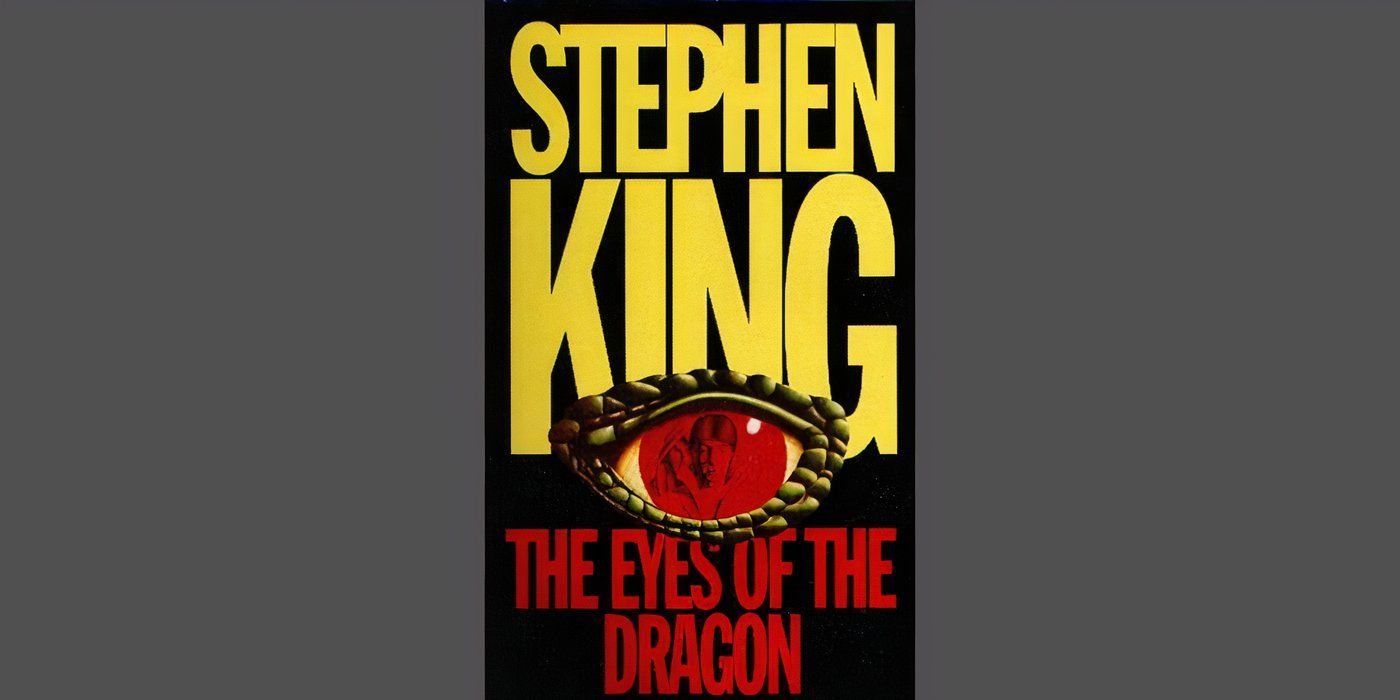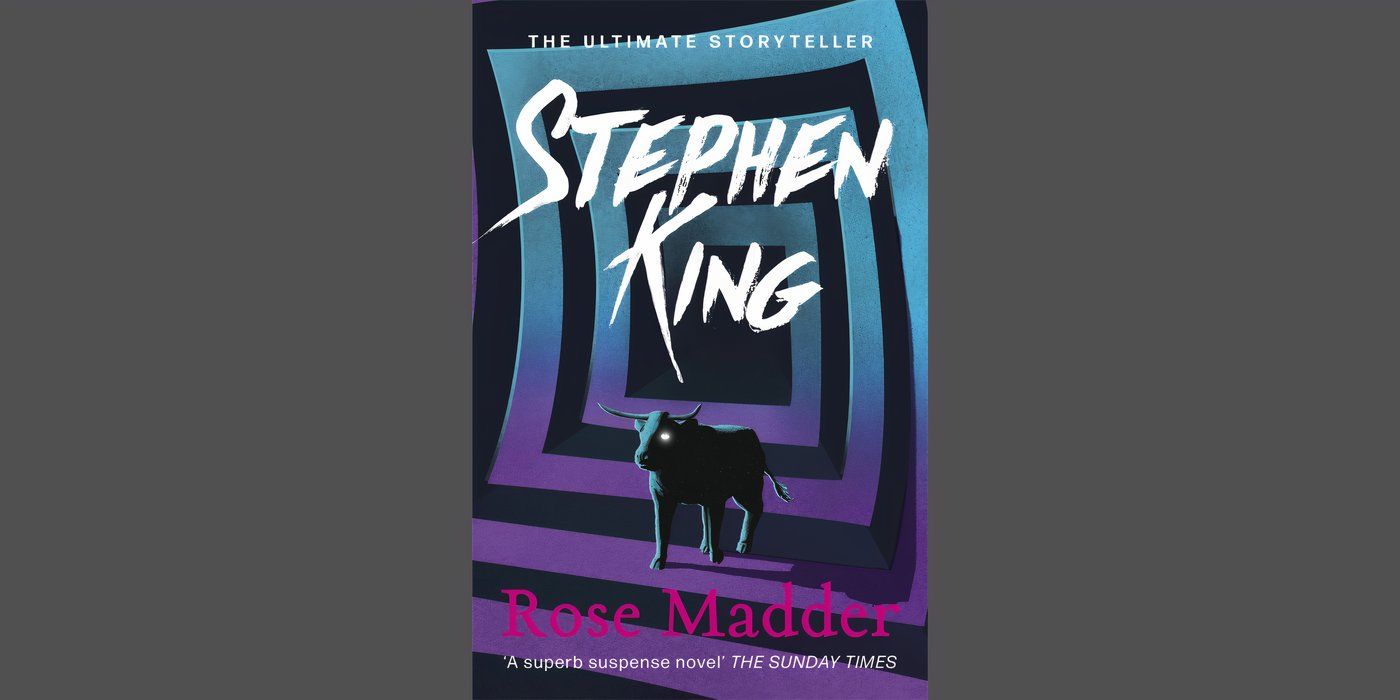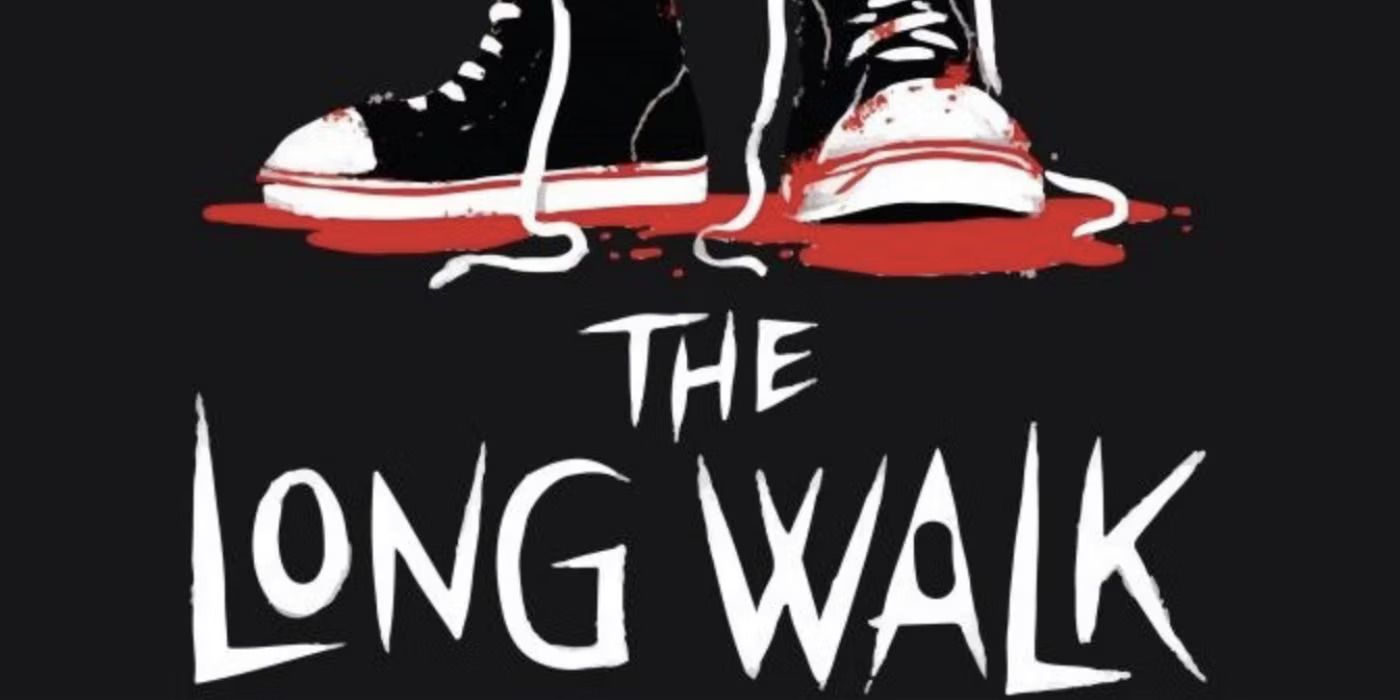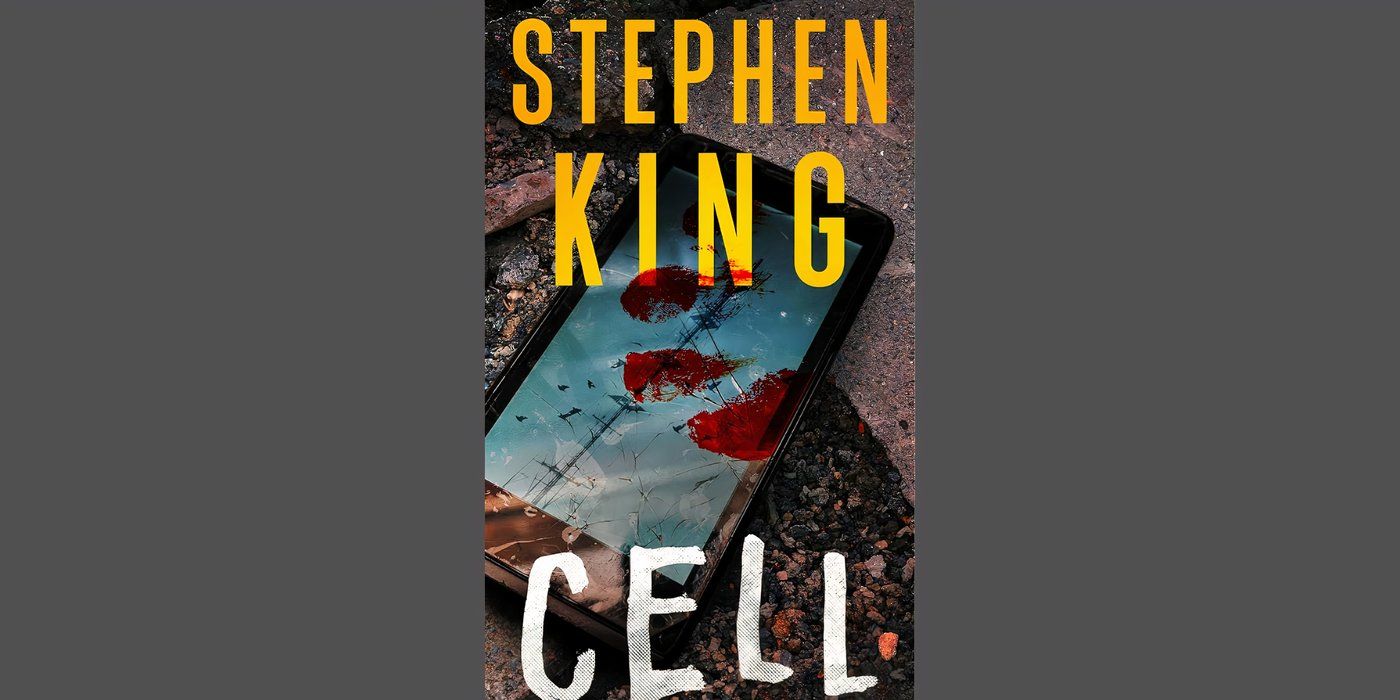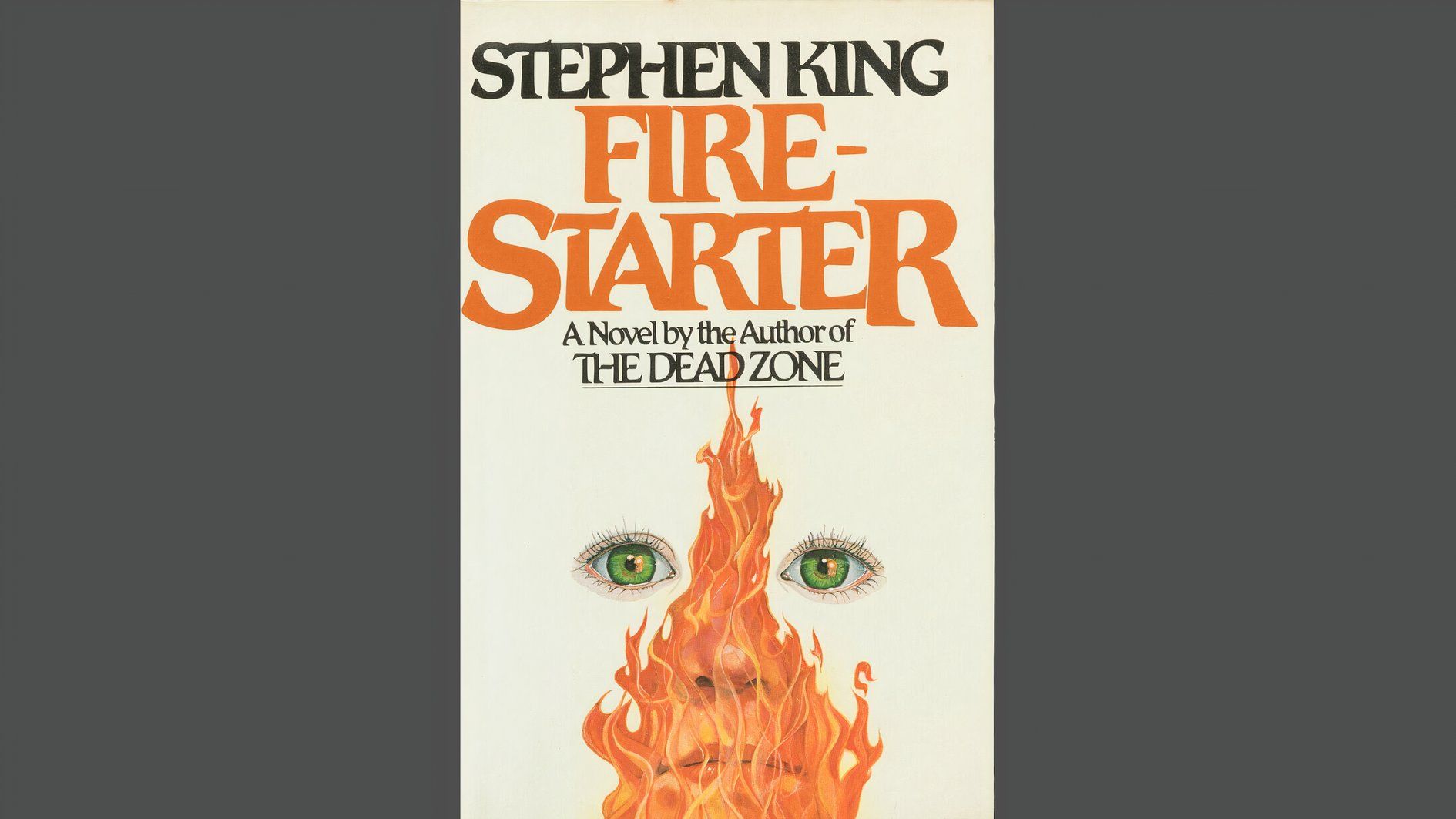
Warning: This article discusses topics of abuse, violence, drugs, and death.
I have followed Stephen King’s works since I was old enough to read them, but there are certain titles that I really wanted more from, as their endings left me feeling unfulfilled. It’s common knowledge that Stephen King has a problem with his book ending s, and he is often criticized for wrapping up his stories in unsatisfactory ways. However, Stephen King’s best book endings prove that this isn’t an exclusive rule, and like any good author, the King of Horror isn’t always perfect.
A “bad” ending can vary in definition. Some of these King endings feel rushed, are anticlimactic, or don’t provide a decent enough payoff to justify the journey to it. While a few of these Stephen King books need sequels, others simply require a bit more context and explanation to fill the gaps. The King of Horror’s endings are divisive, and while readers’ opinions may be mixed, these books left me wanting more.
10
Black House (2001)
Jack’s Fate Is Wasted
Black House, the second of Stephen King’s collaborations with author Peter Straub, has an intriguing ending, but it’s one that leaves many unanswered questions, both from that story and the first book, The Talisman. My biggest frustration is that the end of Black House didn’t use the Territories enough, even though there is a lot of time spent setting up Jack’s connection to it. I know we’re potentially getting a Talisman 3 book with King’s return to the Territories, but I’m still disappointed that Straub and King don’t wrap the story up in a way that it could work as a final entry, just in case.
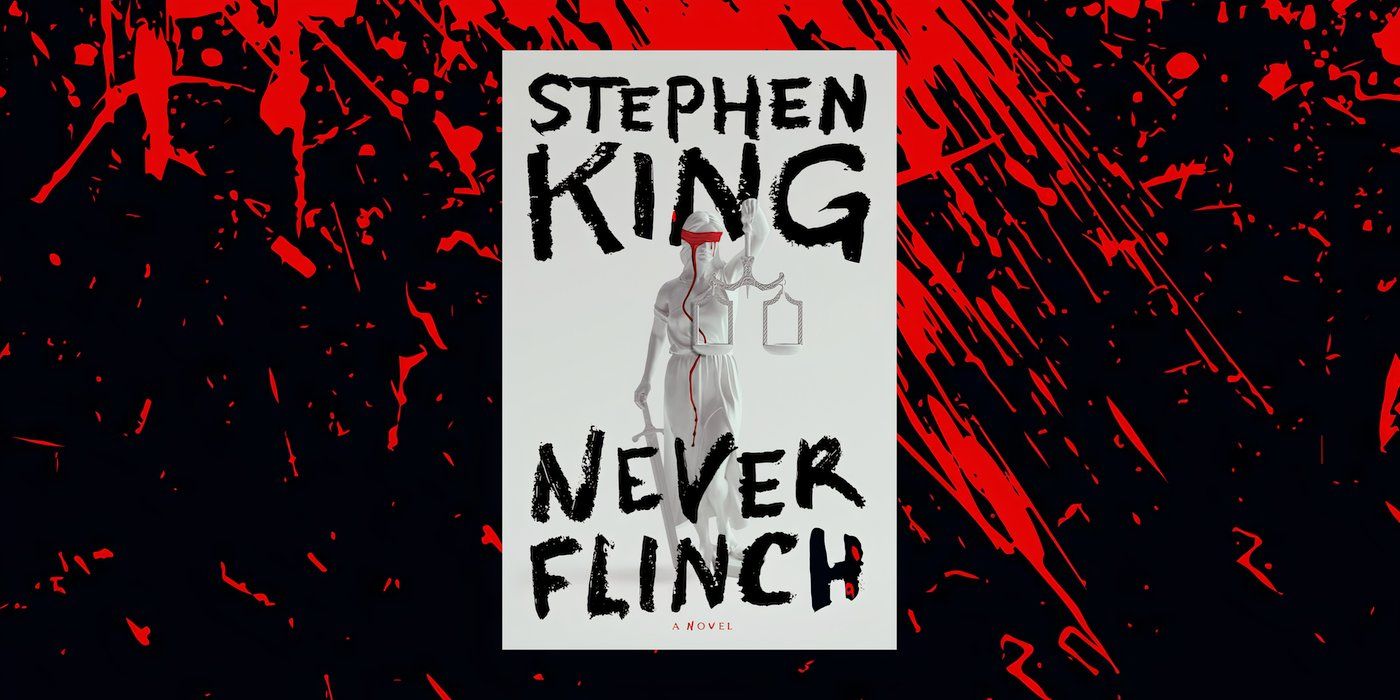
Related
Never Flinch Updates: Release Date, Story & Everything We Know About Stephen King’s Next Book
Stephen King has announced a new book coming next year, Never Flinch. Here’s what we know about its release date, the story, and the characters.
Jack being assassinated and ending up in the Territories at the very last moment is the perfect setup for a sequel. I was confused at the lack of pages after this, but I still hope that Stephen King will indeed follow through on his promise to return to the Territories, even if it means he’ll have to finish The Talisman trilogy without Straub. Black House’s ending isn’t necessarily bad, but it feels more like a mid-book cliffhanger than a climax.
9
Under The Dome (2009)
Chester’s Mill’s Torment Ends Too Quickly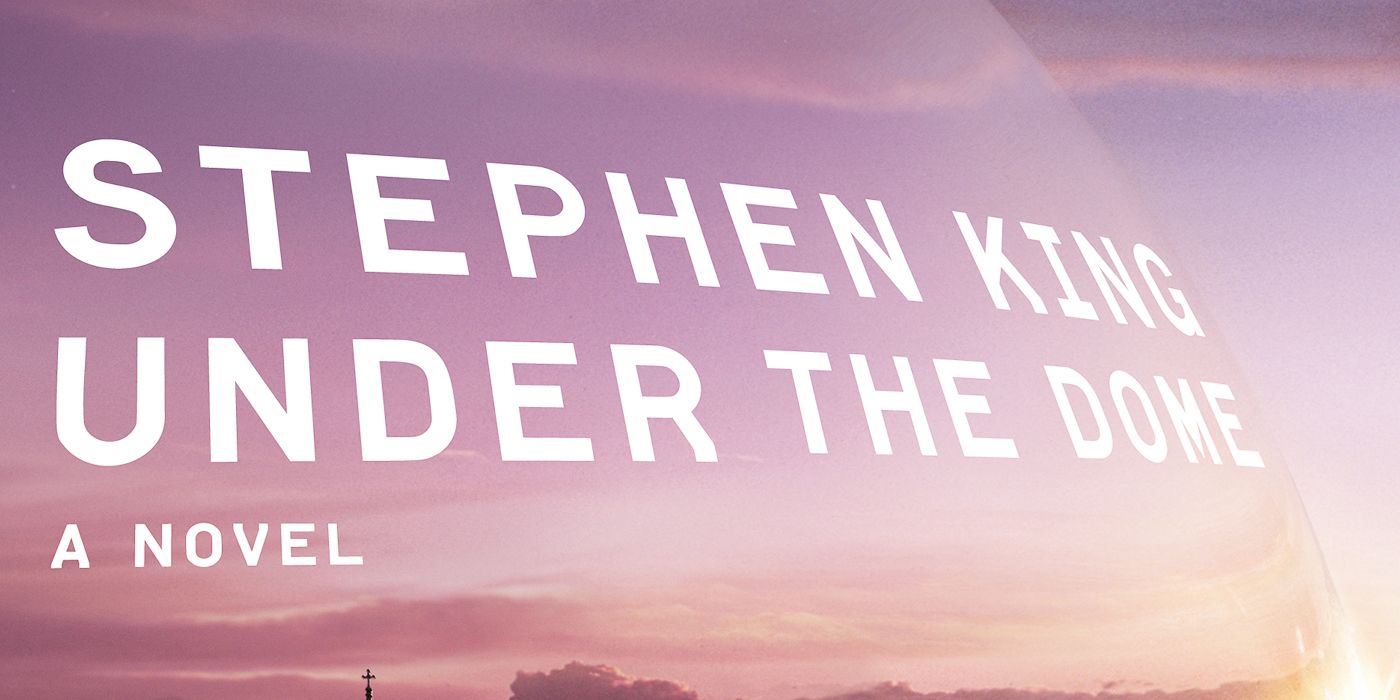
I found Under the Dome’s ending strange, and while I enjoyed the story in general, I am still perplexed by how easily Chester’s Mill is released from the dome. After several chapters of a nail-biting narrative and wondering what would happen, Julia convinces the leatherhead to pity them, and just like that, they’re free. I think that the concept of humanity being depicted as playthings of the aliens is really interesting, and it had a lot of potential, but the execution feels rushed and suspicious. If I was Julia, I’d think twice before celebrating their escape.
Under the Dome’s journey is endearing, but the fallout feels half-finished. Some parts of the final act are handled brilliantly. For example, one of Stephen King’s best human villains, Big Jim, gets his comeuppance and dies with the vision of his victims chasing after him. I understand that King and Straub are trying to push a narrative that sometimes, things just happen without rhyme or reason, but the people of Chester’s Mill need more than an abrupt end to their tyranny and no explanation as to what happens after.
8
The Tommyknockers (1987)
King’s Sudden Ending Lacks Logic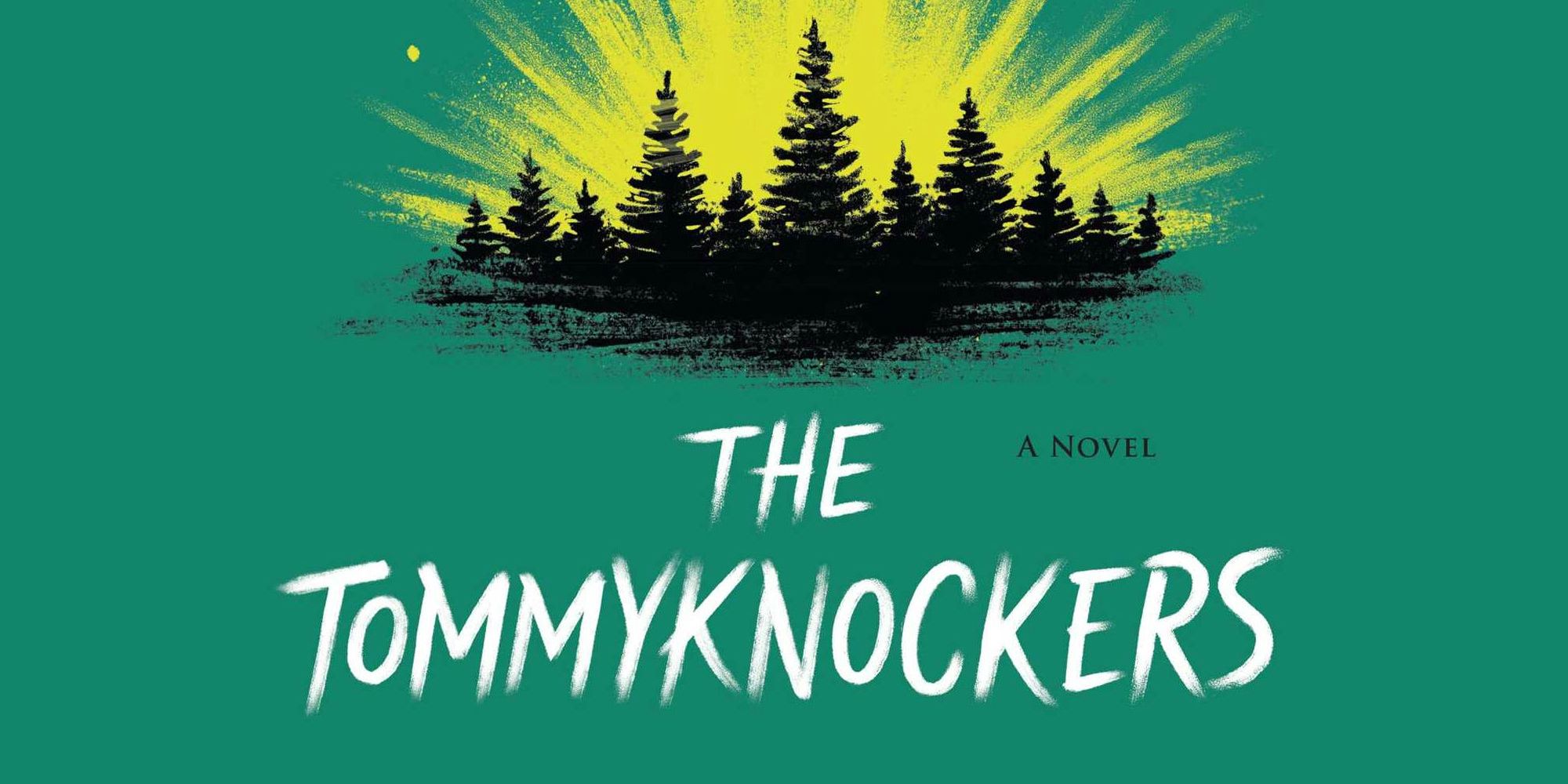
The Tommyknockers’ ending is also quite abrupt, but it’s also wild and nonsensical. It’s worth noting that Stephen King hates The Tommyknockers; the author himself has even called his book “awful” and stated that his past substance abuse played a significant part in the quality of it. Readers are still often divided about The Tommyknockers’ final pages, and many enjoy it purely because of how bonkers it is. While I got some kicks from it, I still want more. After multiple tense, albeit confusing, chapters, only a few Tommyknockers remain on Earth.
Gard stumbles back to his ship and launches it into space, which kills almost all the converted townspeople, only for the FBI to turn up and destroy the rest. Within a matter of pages, all the damage done by the titular characters is gone. Gard manages to win his final battle far too easily, and his fate is quite vague. I assume that he bleeds out on the ship, but I thought it was weird, considering King spends a lot of time establishing Gard’s painful conversion. Plus, if Gard’s Becoming completes, what’s stopping him from heading for another planet?
7
It (1986)
The Losers Club Don’t Get To Mourn Eddie Properly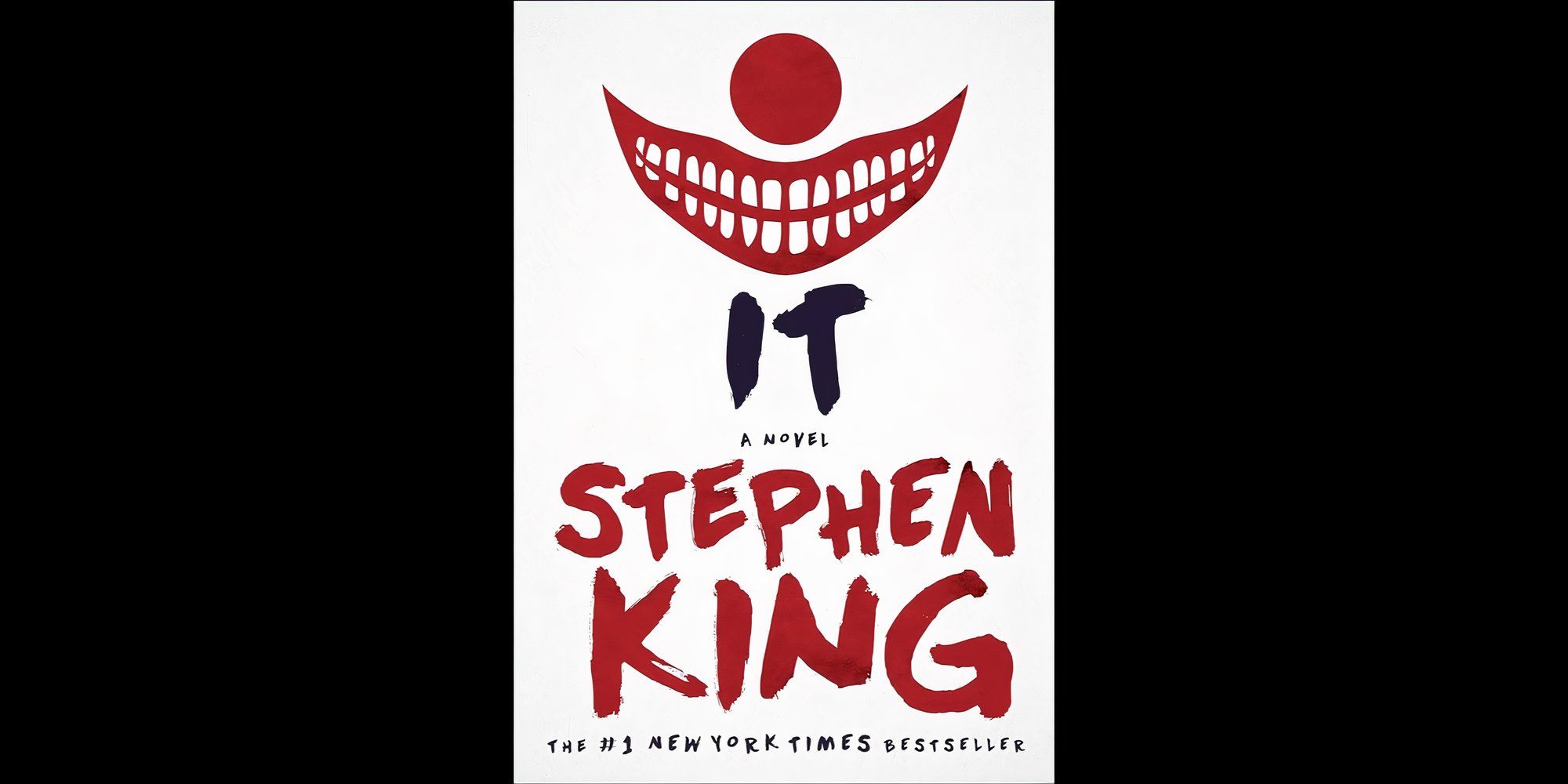
IT is a fantastic read, but the ending thoroughly underwhelmed me. While I don’t think it requires a sequel, it left me wishing that there were a couple more chapters to wrap up the stories of IT’s Losers Club. After they destroy “It” for good, the Losers allow the memories of their horrific ordeal to slip from their minds. While it’s fitting that this group of people get to heal from the events of the book, I was still surprised at how quickly King pushed them to move on.
This is especially notable for Eddie. The Losers are forced to abandon Eddie’s mutilated body, leaving both the group and readers with no closure regarding his death. It’s sad that the Losers forget, even if it’s a metaphor for growing up, and it’s unfair they go through so much only to forget. Plus, the whole pregnancy story in IT’s book ending and the Bev scene overshadows the emotional side of things and makes it less impactful. The Losers undoubtedly deserve peace, but I wish King had included more of an epilogue that justified their ending.
6
The Eyes Of The Dragon (1987)
Delain’s Fate Isn’t Important After Flagg’s Departure
The Stephen King fantasy book The Eyes of the Dragon doesn’t have the worst ending ever. However, the last pages hint at a sequel, but readers only find out more if they’ve read The Dark Tower series. This makes it difficult for those who don’t want to read Stephen King’s The Dark Tower books to get answers, which is frustrating considering The Eyes of the Dragon is supposed to be a stand-alone novel. After the events of the book, Thomas sets out to hunt down Randall Flagg, but King never confirms the outcome of their interaction.
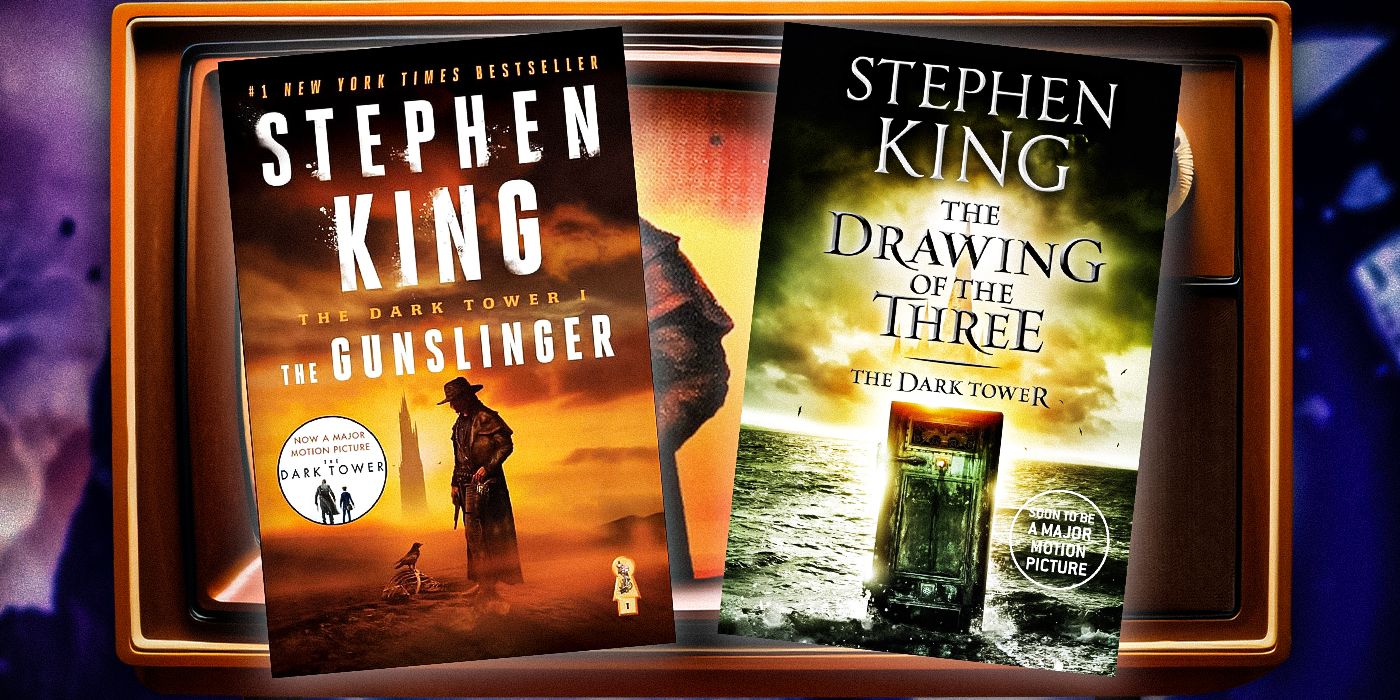
Related
Every Stephen King Book & Short Story That Ties Into The Dark Tower
From It to The Mist, Stephen King’s iconic book series The Dark Tower has plenty of tie-ins to the King of Horror’s other legendary pieces of work.
Although The Drawing of the Three alludes to him and Dennis, his fate remains unclear. The people of Delain hate Thomas when he leaves after his brother Peter becomes king. I’m curious about whether Thomas ever returned to Delain, and if so, what the fallout of his return was. I’m also generally interested in what life is like in Delain after Flagg escapes, especially as they are now under the rule of the king they longed for. The Eyes of the Dragon is a solid read, but I’m irritated that the story doesn’t have more of a conclusion after Flagg leaves.
5
Rose Madder (1995)
Rosie Needed To Truly Escape Norman
Even though I enjoyed the climax of Rose Madder, I still wish that Rosie had gotten a fairer ending. Norman gets what he deserves, undoubtedly, but I think her actions after she lures him into the painting to his death are a bit out of character. While Rosie’s fits of rage are because of Rose, I feel like this is more of a rushed justification, and I think it would’ve been more fitting for her anger to be an after-effect of her trauma. Instead, King uses the supernatural as a reason.
Rose Madder would’ve had a better ending if King stopped at Norman’s death, but instead, Rosie slowly turns into the man she lived in fear of. Even with her “remember[ing] the tree,” Rosie is only worth salvation after she plants the seed, which implies that Norman’s torture could’ve been stopped with love and care. I really want to see Rosie get a happy ending, rather than living in more pain, and I’m saddened that King pushes a narrative that implies that survivors of abuse are capable of following in their abusers’ footsteps so easily.
4
The Long Walk (1979)
Garraty’s Possible Death Deserves An Epilogue
Although many think that The Long Walk’s ending is great, I am still annoyed by how ambiguous it is, and I really hope it will eventually receive a sequel. Stephen King’s The Long Walk is a heartbreaking story about a group of young men competing in a harrowing competition for financial independence, which ends with Garraty as the only survivor. When he stumbles after a dark figure in the distance, I realized that this was a metaphor for his death, but the lack of clarification leaves it open to interpretation.

Related
The Long Walk: Cast, Story & Everything We Know About The Stephen King Adaptation
One of Stephen King’s lesser-known novels is finally coming to the big screen, and exciting updates are pouring in regarding The Long Walk.
Whether or not Garraty dies, there are still plenty of unanswered questions after this sudden ending. I need to know whether Garraty’s family and Jan receive the winnings, and how they feel about the whole ordeal, regardless of whether their loved one is alive. Readers spend ages getting to know these characters, and while the focus is on them, there’s a whole world outside of the contest to discover. From a literary point of view, The Long Walk’s ending is jarring and fits Garraty’s story, but it still made me want an epilogue.
3
Cell (2006)
King’s Solution Is The Equivalent Of Hitting Someone In The Head To Combat Amnesia
I have never been so astonished at an ending than with Cell. Clay’s journey to find his son amidst a zombie apocalypse-esque event is compelling, and I was on the edge of my seat when he found Johnny’s brain had been damaged by a corrupted Pulse. However, after everything he learns about the Phoners, I was confused because Clay’s solution to saving Johnny was to try to reset his brain with another blast from the Pulse.
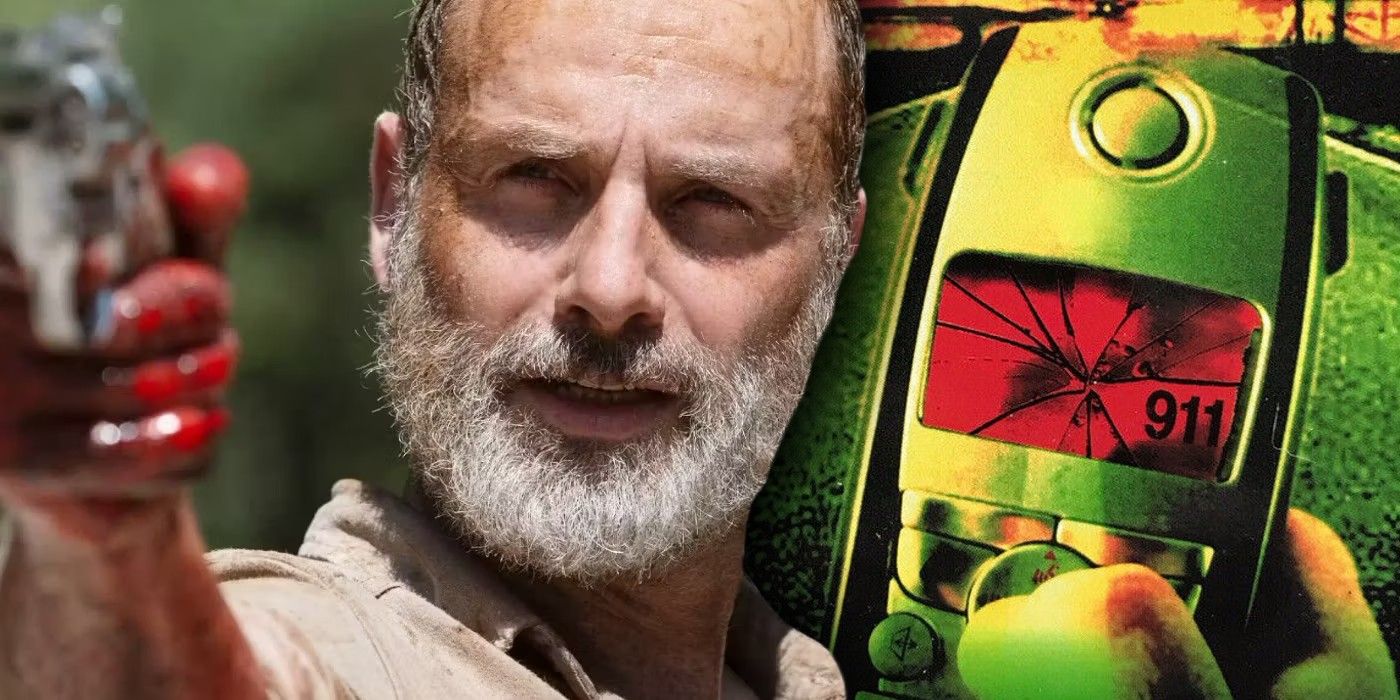
Related
The Perfect Origin for Walking Dead’s Zombie Virus Is from an Underrated Stephen King Book
Horror legend Stephen King’s 2006 novel “Cell” provides a perfect explanation for the zombie outbreak in Robert Kirkman’s Walking Dead comic.
Clay starts the book without a cell phone and as a bit of a technophobe, and even though he grows throughout the story, it makes little sense to me he’d do this. I don’t find this ending very inventive, especially since most of the novel focuses on Clay’s quest to reunite with Johnny. When he finally tracks down his son, all hope is lost, which is a devastating climax, but it’s ruined by this quick and bland sci-fi fix. As readers, we don’t even discover whether his makeshift solution works, which makes it even more annoying.
2
Dreamcatcher (2001)
Another Explosion Saves The Day
Stephen King’s Dreamcatcher is another novel from the King of Horror which is resolved with an act of destruction. While Henry blowing up the bus that contains the last of the alien presence is a good enough way for Earth to be saved, it is a little lazy. While King’s recovery after his car accident might explain the ending’s quality, it doesn’t justify the choice to stop the aliens by setting them on fire, especially considering all the other options available.

Related
10 Stephen King Adaptations That King Himself Criticized
Stephen King wrote a huge number of stories that were adapted for film, but while he’s the source of inspiration, it doesn’t mean he’s always a fan.
I’m still gutted that Duddits sacrifices himself, especially as those he does it for are far from deserving. I’m also unimpressed with the whole Jonesy and Mr. Gray being the same person reveal. Although it isn’t a huge shock, it’s so convoluted that I’m not sure I completely understood it fully. The epilogue doesn’t explain whether Jonesy killed Pete, either, and I was unsatisfied that King didn’t explain this properly. Like many King books, though, I’m fed up that Dreamcatcher is wrapped up so abruptly that it lessens the journey to get there.
1
Firestarter (1980)
Charlie’s Actions Made No Sense
Firestarter is an underrated Stephen King book that I truly enjoy reading, but every time I return to it, I’m still baffled by the ending. Charlie has some incredible powers that allow her to defend herself against anyone, which is frequently proved throughout the book. However, rather than immediately getting her revenge for her father’s death, she travels to New York and visits the offices of the Rolling Stone magazine, hoping to expose the government.
While Firestarter: Rekindled, the sequel to Stephen King’s movie adaptation from 1984, expands on Charlie’s story, the book doesn’t. I find it astonishing that Charlie goes straight to the magazine, as if that’s a logical response. Her explanation for choosing Rolling Stone is that they are unbiased and separate from the government, but realistically, no media faculty is an ideal sounding board and Stephen King should know better. I want to know what happens to the Manders after she leaves them, and if it has to happen, what Rolling Stone makes of her story.
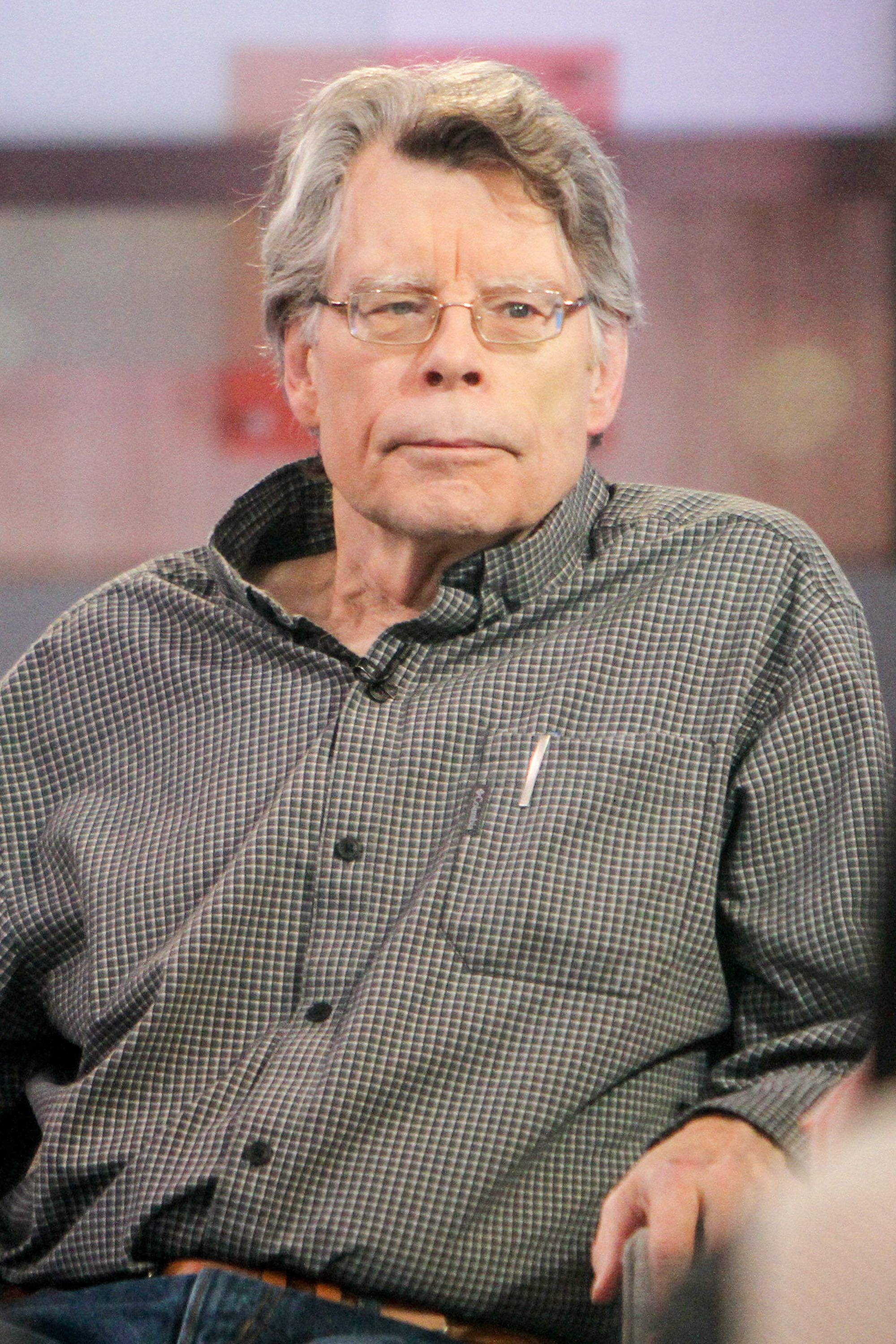
Stephen King
Discover the latest news and filmography for Stephen King, known for Creepshow and Sleepwalkers.

